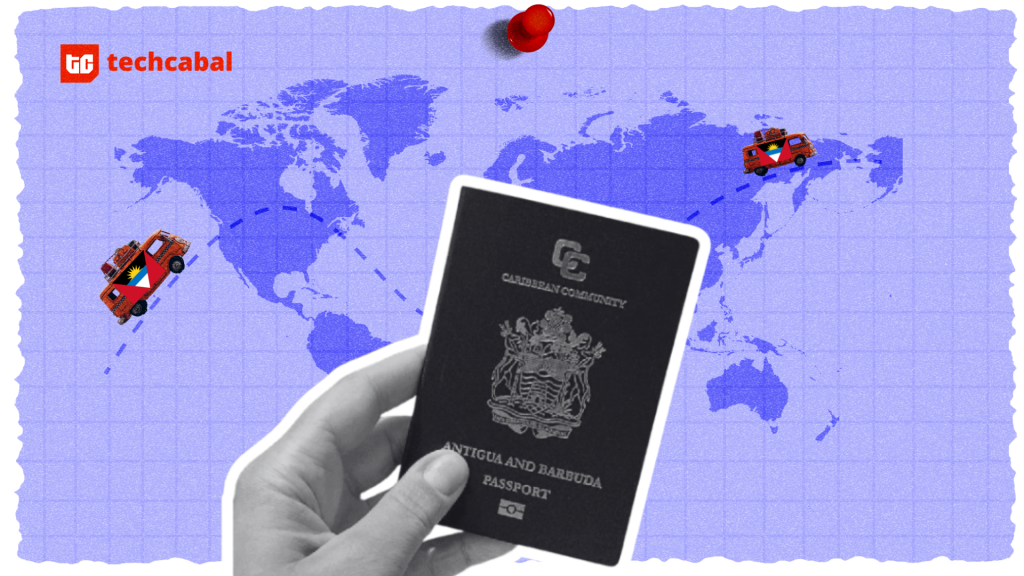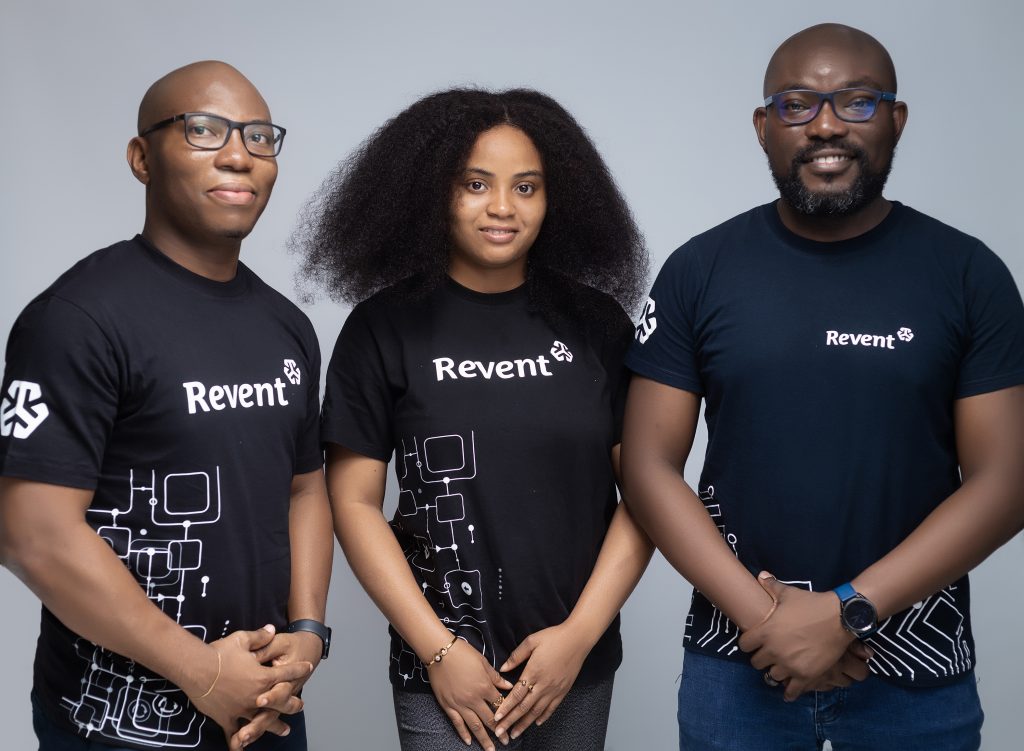In 2021, a report by UNCTAD’s World Investment Report 2022 showed that the Foreign Direct Investment inflow into Africa grew to $83 billion, which was an increase of 1.1% compared to 2020. This shows that the tentacles of foreign investment are vigorously creeping into the goldmine of Africa’s startup ecosystem, and our best strategy to protect resources and profit is to make sure the in-flow of capital for the ecosystem is not outsourced to other continents.
Hence, Ventures Park, in collaboration with the United Nations Development Program (UNDP) and Timbuktoo, organized an ecosystem engagement event in Abuja held on Monday (15th August 2022). In a conversation at the soiree, the focus spun around ecosystem funding, cultivating innovation through education, talent, and governmental policy. The speakers were absolutely remarkable.
Dr. Eleni Gabre-Madhin – the Chief Innovation Officer and Astria Fataki – an Ecosystem Specialist at UNDP, were on the panel together with Cynthia E Chisom – Advisory Board member at Futurize, Ife Adebayo from the Office of Special Assistant to the Vice President on Innovation, and Jayeola Okuazun – the General Manager of Ventures Park, who moderated the panel.
During the session, Dr. Eleni passionately shared how Africa needs to change the narrative because no economy depends on foreign capital to grow. She said “When the ecosystem depends solely on foreign capital, here are some of the disadvantages:
- Africa founders will be stuck on building ideas that are familiar to the foreign investors
- Not necessarily solving local problems
- Investors will only invest in what is familiar to them because that’s the only way to secure their funds, easily convert them to profit, and build trust.
Her goal to prevent huge losses in the future is to strategically harness local capital and resources and build a global market, which is one of the intriguing cores of Timbuktoo. She said “Let the universities focus on teaching the technicality for industry (both local and global) and let the people creatively find their way to innovation.
Cynthia contributed generously by stating that startups need to be resilient in their approach to business. It is not a who-finishes-first race. It is a journey that requires a lot of hard work and consistency. She said, ”when there is consistency, growth is at the door”. The other way this will work is when there is an enabling environment set by the government, in terms of policies and regulations. She added that “the government should design a funding model that is more specific to Africa or a nation. The focus is not just to build something that follows the ongoing Venture Capitalists’ (VC) model, the goal is to help the nation build trans-generational businesses that last more than a century by building the capacity of the founders.
Ife Adebayo buttressed Cynthia’s point with some background conversations in the government and some of the things in the works, specifically for Nigerian citizens. Examples are the innovation labs set across Nigeria (Lagos, Kaduna, Jos, and so on). The government designed interventions to support the startup ecosystem like the Northeast central innovation hub and the Nigeria climate innovation center.
He stated that the Nigeria Startup Bill (NSB) was recently passed by the National Assembly because the government wants to contribute with the right policy and a meeting point between the ecosystem and the government. He said, “of course, there is a lot the government must do and they are already in the works. In the next 12-24 months, interesting things will be seen in the ecosystem”.
Ife also used the privilege to inform everyone about the Nigeria Jubilee Fellowship Programme (NJFP). It is a youth empowerment partnership initiative between the Federal Government of Nigeria and the United Nations Development Programme (UNDP). The program seeks to connect talented graduates with local job opportunities that apply their expertise while equipping them with world-class practical knowledge and relevant skills.
Speaking of Youth empowerment, Astria Fataki shared her thoughts on incorporating some incubation programs into the University’s curriculum. She believes that it will be a platform to equip young minds with the relevant skills needed in the ecosystem. She mentioned that “There has to be continuity between the university and the industry sector.”
Astria believes “building in this ecosystem requires time and patience and that is what Africa doesn’t have because of the economic restraints. Becoming a founder requires that you are an entrepreneur and that requires resilience.”
With some level of internal commitment and contribution from all the parties that must play, the startup ecosystem in Africa will have a strong inbuilt system that can sustain it with or without Foreign investments. We have all we need to deliver what is needed for the continent, we just need to harness them and make the best of it.
This is why Timbuktoo – a structure aimed at trying to mobilize and invest a billion dollars over a 10-year period into the African innovation Ecosystem is being raised. The structure will involve establishing 8 hubs around the continent (Africa). They are thinking of establishing one in Lagos (Nigeria) and each of these hubs will be Pan-African, which means they are not a Nigerian hub for Nigerian startups only, but Africans at large.
One of the differences is that this Pan-African hub network will essentially map the different priority vertices so they are not all trying to do the same thing. The 8 hubs will focus on Fintech, Agritech, Healthtech, Smart cities, Createtech, logistics, commerce, and Greentech.
Timbuktoo looks forward to establishing a Pan-African Healthtech hub in Kigali. The reason is that there are hundreds of people who are there to support start-ups but very few startups actually end up getting funded in a significant way and turn into scaling companies. In the dual structures, they are trying to raise, venture builders on one side and venture funds will be on the other.
These are the dual structures that are symbiotic but with a firewall so that the ventures fund is operating on a purely commercial basis and the venture builder is actually trying to do the other things like work with universities, cooperate with Research and Development, mentors, angel investors, and a trade Africa unit that are also responsible for trying to come up with market entry advisory and sort of extraction strategy for a few people that Timbuktoo supports.
The aim is to build a structure that helps us work together in a way that hasn’t been done before. With this kind of structure, Africa can change the narrative, and generate and retain wealth in her startup ecosystem. This is intended toward Africa fairly and squarely, on the global startup map but also in a way that retains value on the continent.










